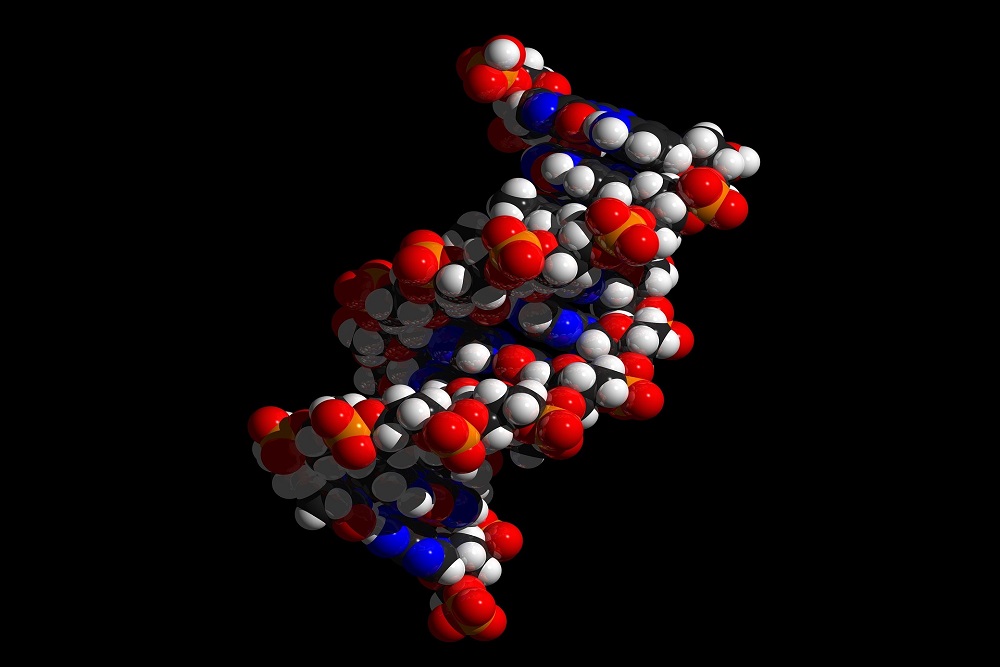A groundbreaking discovery by scientists at Swiss university ETH Zurich has made the editing of multiple genes a thing of the present.
According to a recent announcement, scientists at the universities have been working on improving the CRISPR method for gene modification, and have successfully managed to edit multiple genes at once.
In a recent publication, the team of scientists revealed that their new approach allows them to edit up to twenty-five genes at one time. This is a significant improvement from the previous capabilities of the CRISPR method, which were limited to only analyzing and modifying a single gene at a time.
ETH Zurich scientists pave the way for innovative treatments
Scientific discoveries are making advances in medicine more probable by the minute. Recent developments include the MRI functionality which can detect the brain wiring of different individuals, and potentially shed light on problems with the nervous system.
The discovery made by ETH Zurich scientists will open new opportunities for scientists to develop new medications and approaches. While some diseases are only caused by a single gene, which can be isolated and treated, many other diagnoses are based on the analysis of multiple genes.
The CRISPR method for gene analysis is one of the most reliable ways to isolate genes and modify them. This latest discovery further boosts the credibility of the process, as now scientist will be able to perform a more detailed analysis of gene combinations and groups.
ETH Zurich scientists have made a big step towards revolutionizing gene analysis, and the way it can help people in the future.







